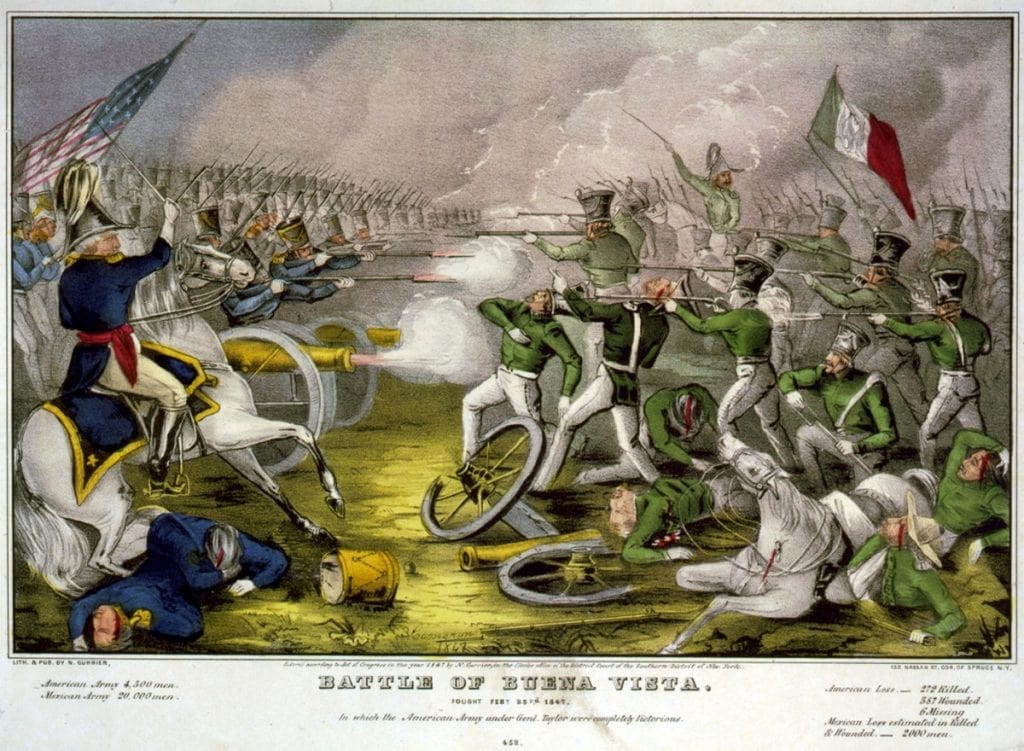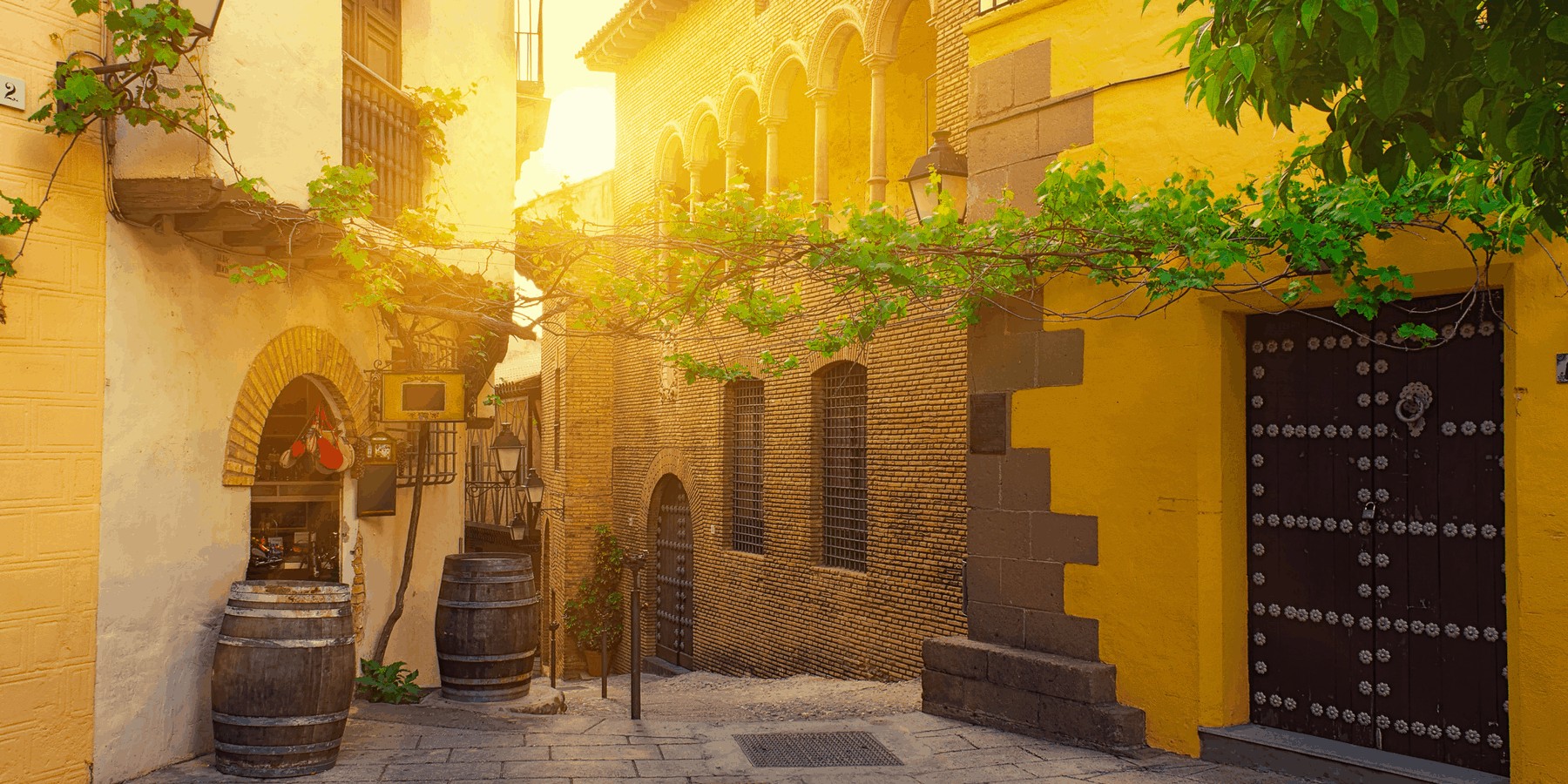St. Patrick’s Day in Spanish: Resources and a Surprising Story
Inside: Resources and ideas for learning about St. Patrick’s Day in Spanish.
We know St. Patrick’s Day– in Spanish, el día de San Patricio— as a day to celebrate Irish heritage and culture in the United State on March 17th. You might know a bit about St. Patrick, famous for first arriving to Ireland as a slave and later returning as an Irish missionary. St. Patrick’s Day has since become widely celebrated in the United States by Catholics and non-Catholics alike.
But did you know that Irish immigrants fought alongside Mexico, against the United States, in the Mexican-American war? Because of that (and because who doesn’t love the color green, good luck, and pots of gold), it’s a fascinating tie-in for Spanish learners.
It’s also an interesting cultural comparison to the popularity of Cinco de mayo, another unofficial holiday celebrated in the U.S. by many people.
In this post, we’ll dive into the Mexican-American-Irish connection mentioned above, and then I have a round-up of fun resources for teaching about Saint Patrick’s Day in Spanish class. You can see my list of free printables and resources from PreK – high school, all in Spanish!
Contents:
- The Mexican-Irish-Texas Connection
- St. Patrick’s Day Spanish Resources
- Free Printables in Spanish
- Videos about el día de San Patricio
- Spanish Rainbow Resources
This post contains affiliate links. Thank you for your support!

Related: What is comprehensible input?
The Mexican-American-Irish Connection
The Mexican-American War, which lasted from 1846 to 1848, was a dispute over territory between Mexico and Texas. After Texas gained its independence in 1836, the Northern U.S. states did not want to incorporate Texas because that would increase the number of slave-holding states. However, the nation was increasingly looking westward to expand and tensions rose. According to History.com,
A border skirmish along the Rio Grande started off the fighting and was followed by a series of U.S. victories. When the dust cleared, Mexico had lost about one-third of its territory, including nearly all of present-day California, Utah, Nevada, Arizona and New Mexico.
– Mexican-American War
During the two years of fighting, the San Patricio Battalion was formed, mainly comprised of Irish immigrant soldiers who had joined to US Army for money or land, but deserted their side to fight against the US.
Why would they do this?

The reasons they deserted are complicated, Paredes says. As Irishmen and Roman Catholics, these immigrants faced a lot of discrimination in the overwhelmingly Protestant United States. “When the US actually went to war, many of them — being strong Catholics — saw what they considered an unfair invasion of a foreign country,” Paredes says.
The Irish deserters formed the core of the “Battalion of Foreigners,” which was later renamed the “Batallón de San Patricio.” Roman Catholic deserters from Germany and other European nations also joined them, as did some foreign residents of Mexico City. There were also several African Americans who had run away from slavery in the southern United States.
– PRI.org
Mexico now honors these Irish soldiers on September 12th and March 17th. Streets have been named after the batallion, and various ceremonies have been held by the Mexican government to commemorate their contributions in Mexico City and the Mexican Congress. (This included a postage stamp in 1997 and inscriptions on the walls of Congress.)
To learn more about the San Patricio Batallon, here are two video resources (in English):
St. Patrick’s Day in Spanish Resources
Here are a few resources in Spanish for teachers or parents to adapt:
- An article that summarizes el día de San Patricio.
- Leprachaun, el duende más travieso (a story and info)
5 Songs in Spanish about suerte:
- Día de suerte por Alejandra Guzmán
- La de la mala suerte por Jesse y Joy
- Qué suerte por Violeta Rivas
- Suerte por Shakira
- Mala suerte por Julio Sosa
Free Printables for Spanish Learners

For Young Spanish Learners:
- Two Reading Passages from SpanishProfe
- Graph, Color-by-Number, and Cootie Catcher from Primary Learning Fiesta
- 10 Pages of Math and Spanish Literacy Activities from Un, dos, tres, TEACH
- Sopa de Letras from Sra. Tatiana
- Bilingual bingo from OnlineFreeSpanish
- Bilingual St. Patrick’s Day Cards from Bilingual Learning Spot
For Middle/High School:
- Bulletin Board Set from Placido Language Resources
- Sopa de letras, cards, and vocabulary sheets from OnlineFreeSpanish
- St. Patrick’s Day Spanish Trivia from Spanish Sundries
- Reading Passage and Vocabulary Activities from Made in Spanish
- Día de San Patricio Quizlet Set
- Por vs. Para Coloring Sheet from Spanish Resources Shop
- Sopa de letras from Srta Walter

Videos for el día de San Patricio
This video is a great overview of the holiday (preview for your context as alcohol is mentioned and it is heavily religious):
This video shows Mexicans celebrating and parading for el día de San Patricio and includes several interviews:
Rainbow (Arcoíris) Resources
Especially if you’re working with younger learners, rainbows are always a popular theme. You could use this as a chance to review the colors, or the weather as you learn about rainbows. And maybe your older students would get into it as well– who doesn’t feel lucky when they spy a rainbow?
- Experimento de formar un arcoíris using a CD, candle, and paper.
- Aprende cómo hacer un arcoíris dentro de casa using a cup of water, paper, and, sunlight.
- “Todo va a salir bien” rainbow for coloring.
- Here’s a story you could adapt about “La leyenda del arcoíris,” when the colors have a fight over who is the most important color (for more advanced learners).
- This is another story about “El sol y la lluvia” you could adapt with more comprehensible language.
- A printable 2-page story about a rainbow in Spanish.
I hope these ideas were helpful to you. If you have more ideas and Spanish resources, let me know in the comments below!
Like it? Pin it!








Muy interesante! Gracias!!